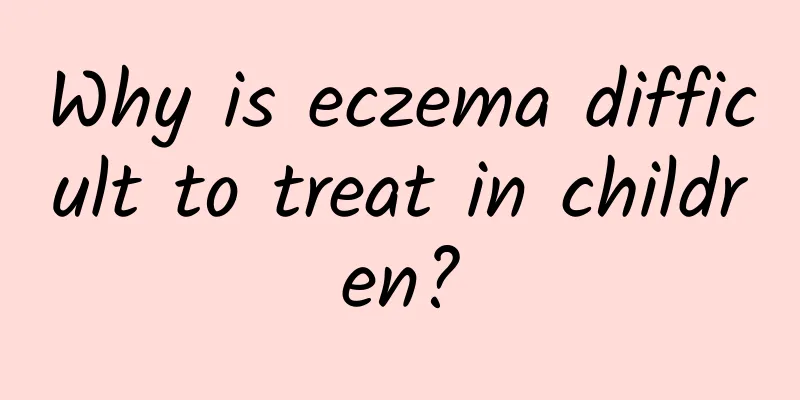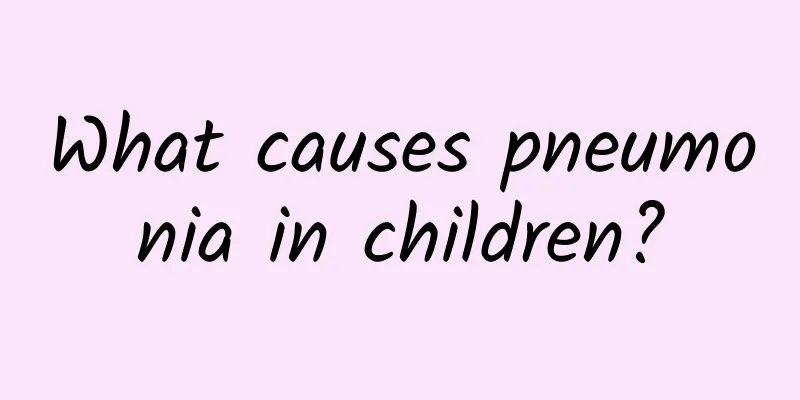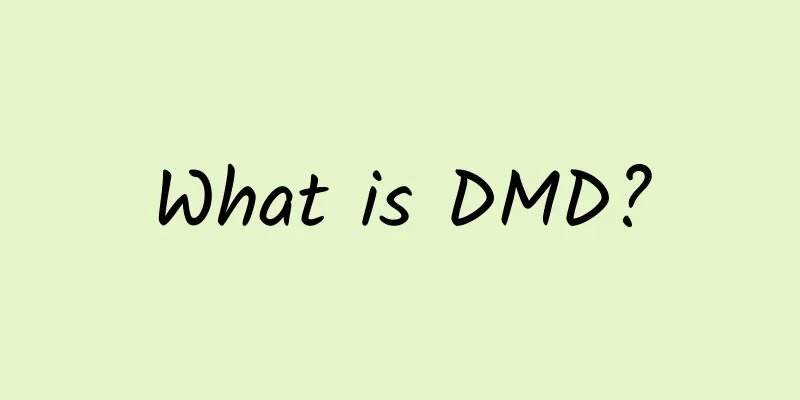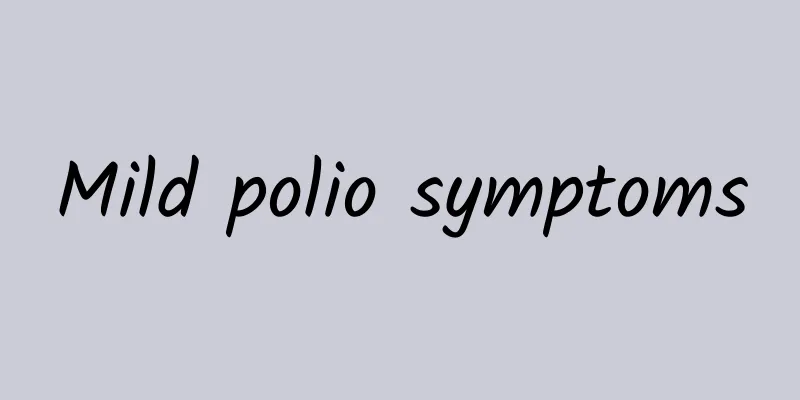Why is eczema difficult to treat in children?

|
Many babies suffer from eczema soon after they are born, and many mothers are also at a loss as to the cause. When mothers deal with children with eczema, they find that their baby's eczema is sometimes better and sometimes worse, and it is easy to relapse. Why is eczema in children difficult to treat? Let's learn about the causes of eczema in children with me. Eczema is an allergic disease with a genetic tendency. It is more common in babies who are allergic to milk. The proportion of formula-fed babies suffering from eczema is higher than that of breastfed babies. Direct cause: The causes of baby eczema are complex, among which allergic factors are the most important. Therefore, babies with a family history of allergies (such as father, mother, grandfather, grandmother, grandfather, grandmother, brothers and sisters and other family members have had eczema, allergic rhinitis, allergic dermatitis, allergic conjunctivitis, asthma, food allergies and drug allergies, etc.) are prone to eczema. If both of a child's parents have allergies, then there is a 70% chance that the child will have allergies; if one of the parents has an allergic constitution, there is still a 50% chance that the child will have allergies. Predisposing factors: Many substances can induce or aggravate the symptoms of eczema in babies, such as protein in food, especially fish, shrimp, eggs and milk, contact with chemicals (skin care products, toiletries, detergents, etc.), wool products, chemical fiber products, plants (various plant pollens), animal leather and feathers, infection (viral infection, bacterial infection, etc.), sunlight exposure, high ambient temperature or wearing too warm or cold clothes, etc., can stimulate the baby's eczema to recur or worsen. There is a special type of pediatric eczema that occurs around the child's anus and is often accompanied by pinworm infection, called pinworm eczema. Internal factors of infants: Infants are prone to eczema due to their own factors. This is because the stratum corneum of infants' skin is relatively thin, their capillary network is rich, and their endothelium contains more water and chloride, making them more sensitive to various stimuli, hence the name infant eczema. In short, although childhood eczema is a self-healing disease, children still feel uncomfortable after suffering from it, so they need certain antipruritic treatments to alleviate the symptoms of the disease. |
<<: Pregnancy and childbirth issues for children with eczema
>>: What are the cure standards for pediatric eczema?
Recommend
How to avoid jaundice
Neonatal jaundice is a common disease in infants ...
Can children die from diarrhea?
Diarrhea is a common disease in children. Accordi...
What is the cause of polio?
Polio is a very serious acute infectious disease....
What to do if your six-month-old baby coughs and vomits? How to use medicine if your six-month-old baby coughs and vomits
A six-month-old child has adverse symptoms such a...
How to effectively treat pneumonia in children
Many people have just become new fathers and moth...
What is the best food for malnutrition?
Malnutrition is mostly caused by improper diet. W...
What are the benefits of drinking mung bean soup? What are the disadvantages of drinking too much mung bean soup?
Drinking mung bean soup has many benefits for the...
How to avoid indigestion in babies How to deal with indigestion in babies
Digestive system diseases in children are common ...
Can indigestion in children cause diarrhea? How does traditional Chinese medicine improve indigestion?
Nowadays, some babies usually suffer from indiges...
Symptoms of pneumonia in children
Due to the weak resistance of newborns, pneumonia...
Is phenylketonuria in children easy to cure?
Phenylketonuria in children can be effectively ma...
Treatment for diarrhea in children
The incidence of pediatric diarrhea is second onl...
Medical treatment for children with late-stage renal disease
What are the symptoms of late-stage nephrotic syn...
How to accurately distinguish between chickenpox and hand, foot and mouth disease? Are chickenpox and hand, foot and mouth disease both caused by viruses?
Hand, foot and mouth disease and chickenpox are b...
How do you lose your sense of taste?
Losing your sense of taste can be one of life'...









